The 2016 Presidential Primaries heat up with unexpected results in Iowa and New Hampshire
February 17, 2016
On a cold evening in the Midwest, Iowans across the state attended their respective caucus precincts. Following a process that began in 1972, eligible voters from both parties caucused for whom they believed will make the best president. In an election cycle dubbed with flashy slogans like, “political revolution,” and “make America great again,” it was no surprise to see a — as Sen. Bernie Sanders (D-VT) says — “yuge” turnout on Tuesday, Feb. 1.
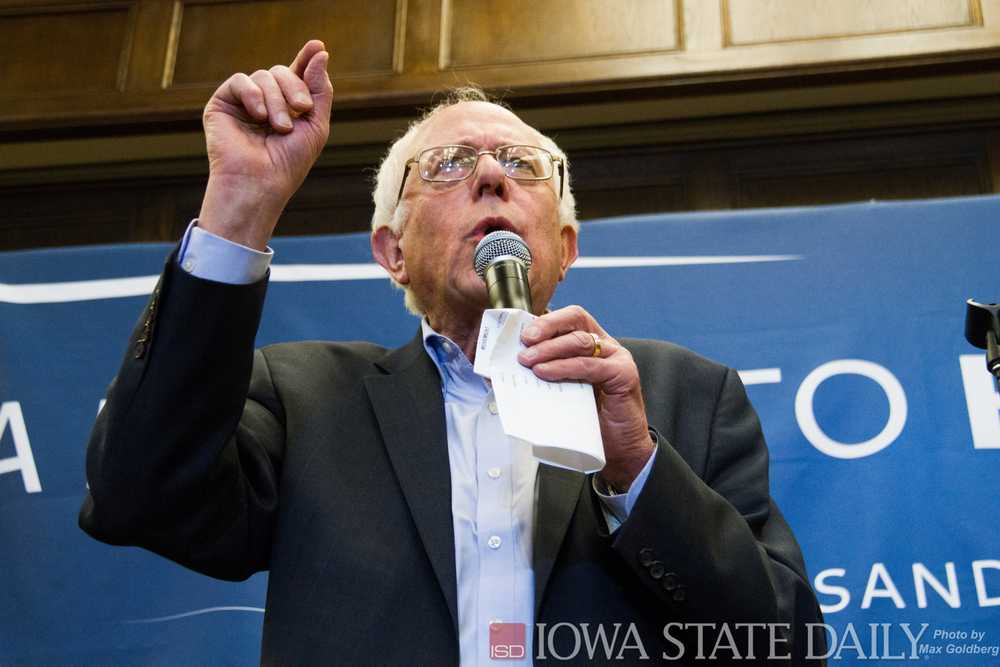
Precincts, or caucusing sites (1,681 in Iowa in 99 counties), closed their doors at 5:00 p.m. central time. The Republican and Democratic Iowa caucuses work quite differently. The Republican caucus is far simpler, with each precinct reporting votes of a secret ballot for registered Republicans. The Democrats, however, undergo a more public process that truly allows voters to show their support for a candidate. At each precinct, voters separate into preference groups. In this cycle there were four groups: Clinton, Sanders, O’Malley, Undecided, and other. Voters walk to the corner of choice after a representative from each campaign gives a short speech regarding their candidate. The candidates themselves often speak at one of the precincts to give one last pitch to voters. Essentially, whichever group has the most voters wins the delegates, a predetermined value, from that precinct. State delegate equivalents are what is measured for the Democrats. The process is democratic and unique, yet confusing and somewhat antiquated (some of the precincts had ties broken by coin toss).
Sen. Ted Cruz (R-TX) beat the front runner in the polls, Donald Trump, by a margin of only 3.4 percent on the Republican side. In a race so close that the winner could not be deciphered until early the next morning, Former Secretary of State Hillary Clinton beat Sen. Sanders by a margin of .3 percent and only four state delegate equivalents.

While the Cruz victory certainly propelled him to look like the best option in defeating the sexist demagogue still atop the polls, Sen. Marco Rubio (R-FL) gave what seemed to be a victory speech for his third place finish. Rubio, still seen as only hope for the Republican establishment, leaked his campaign “3-2-1” campaign strategy following the caucus. This strategy of third in Iowa, second in New Hampshire, first in South Carolina seemed to be right on track until a less than impressive debate performance in New Hampshire on Feb. 6. After repeating the same statement on President Obama’s plan to make the country more like the rest of the world a total of four times, Rubio faced intense backlash, being called a robot and said to be incapable of thinking on his feet.
“Let’s dispel this notion that Barack Obama doesn’t know what he’s doing. He knows exactly what he’s doing. He is trying to change this country,” Rubio said during the debate.
The “Marcobot” moment proved problematic for the Rubio campaign with a disappointing fifth place in New Hampshire. So much for 3-2-1.
Rubio’s woes have been simultaneous to Trump’s success, who beat second place Gov. John Kasich (R-OH) by a margin of almost 20 percent in the New Hampshire primary on Feb. 9. Trump’s victory proves that many voting in the 2016 Republican election cycle value sexist and racist babble more than ideology.
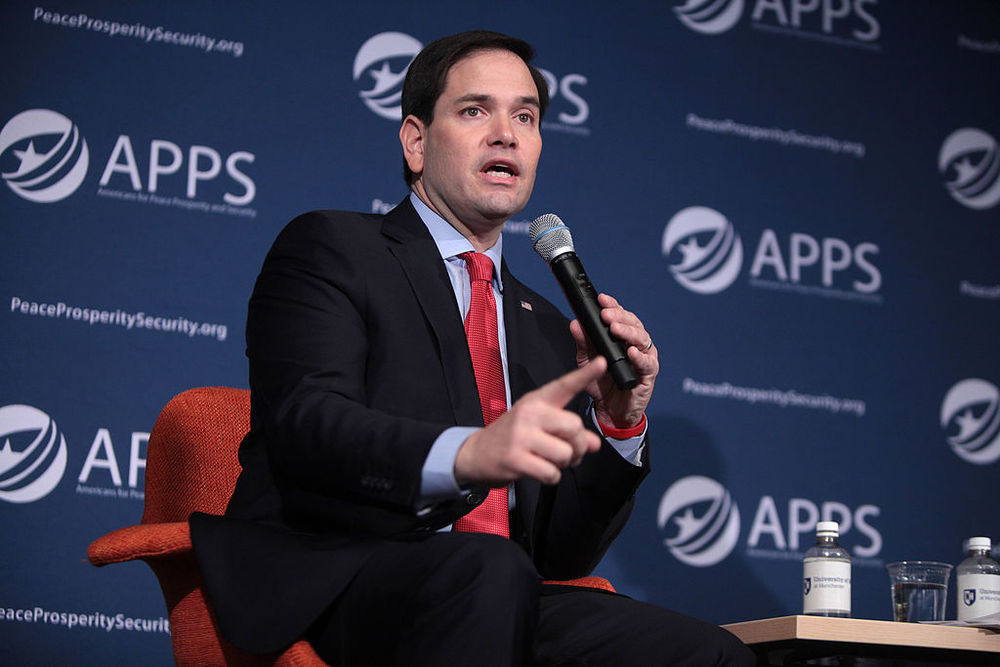
Equally unexpected has been the surge of the democratic socialist Sen. Sanders. The defeat in Iowa did not hinder Sanders supporters; actually propelling his campaign due to the unexpected close margin of defeat. The Sanders campaign received $3 million in donations in the 24 hours after the Iowa caucus alone.
The New Hampshire primary saw a complete 360 turn in results, with news channels declaring Sanders the winner no more than five minutes after voting closed across the state. Sanders would go on to defeat Clinton by 22 points, a margin much larger than expected.
Regarding the results, junior Emily Everson said, “The outcome of the New Hampshire primary proves that the American people are looking for something new and different in their presidential candidate.”
The Clinton campaign shows no sign of fear, coming out with an endorsement from the Congressional Black Caucus, reinforcing the notion that she will win states with a high African American percentage of Democrats.
Everson reflected upon what is important to her when she said, “I would vote for someone who believes that education and health care are rights, not privileges. I would vote for someone who wants to make sure I will always have a place to live and food to eat.”
When asked about an important factor for deciding who to vote for, senior Veronica Phillips said, “Human rights. The obvious aspects have to do with the rights of the LGBTQ+ community, rights for those racial minorities, etc. but I think we sometimes forget that economic decisions have a lot to do with how we value human rights in our modern society, so those have to be taken into account as well.”
As we enter a new stage in the election, two questions stick out on the Democratic side: Can Hillary retain her sizable lead over Sanders for minority voters? Will a political revolution occur that Bernie Sanders needs to win the nomination?
As for the Republicans, the field has dwindled down to seven, and it is impossible not to wonder how the Republican Party will react to an increasingly possible Trump victory of the nomination. And as for Sen. Rubio, success in the next month will surely determine his chances of being the individual who he claims can unite a crumbling Republican Party.



![WASC looks for more than the basic California State standards. According to chairperson Mike Woo, “As new rules and new concerns come up through society, [WASC] look[s] is the school doing something about that. Like the biggest trend post-COVID is mental wellness. So is your school doing something to address the mental health of the students? Along with are they still doing the proper academics?”](https://theburlingameb.org/wp-content/uploads/2024/03/IMG_3401-1200x1200.png)
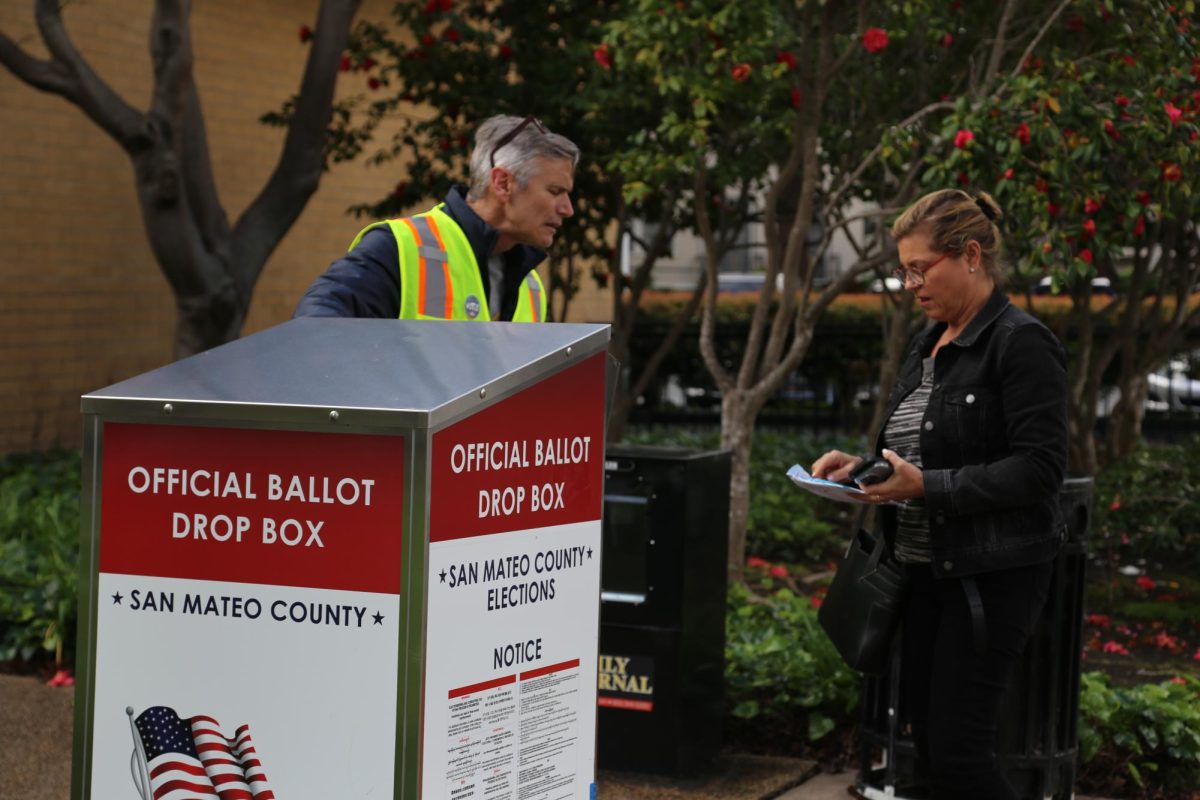


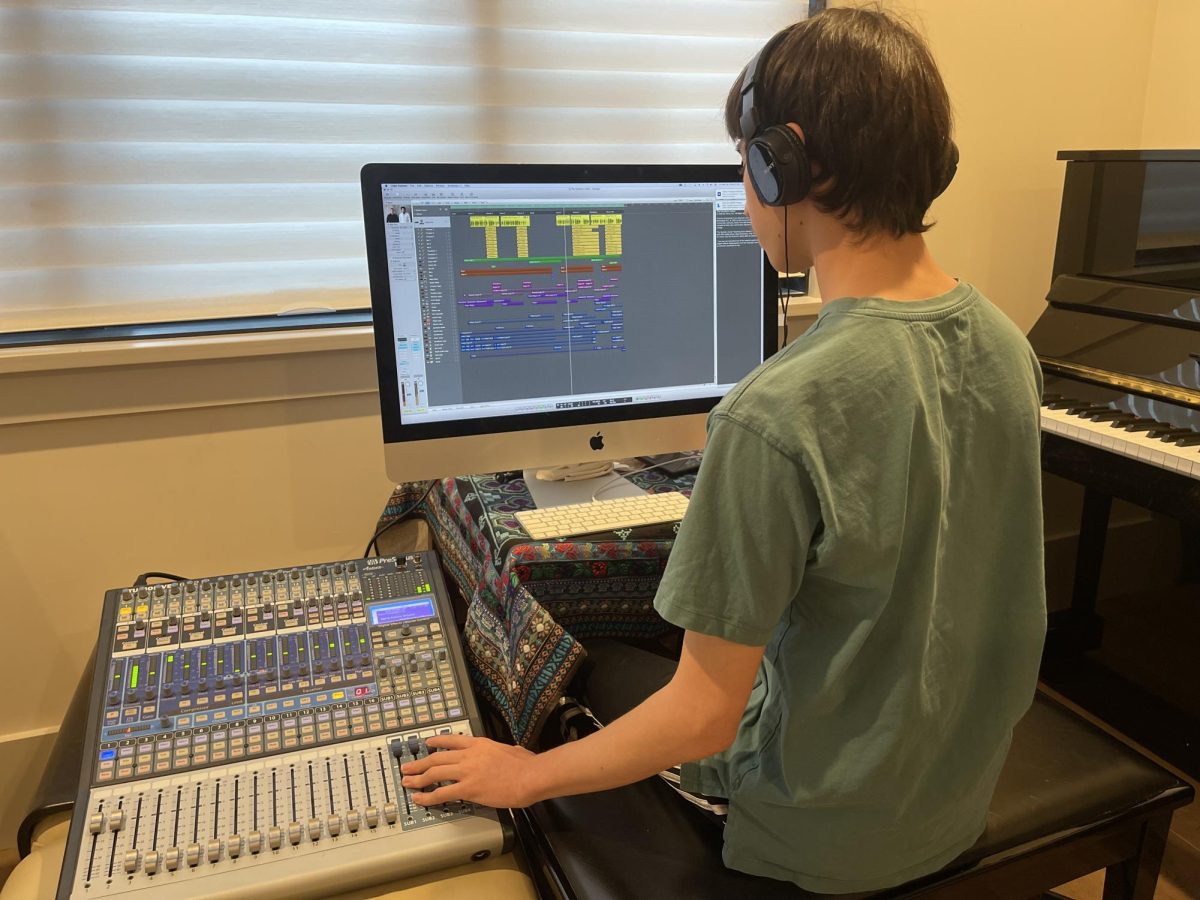



















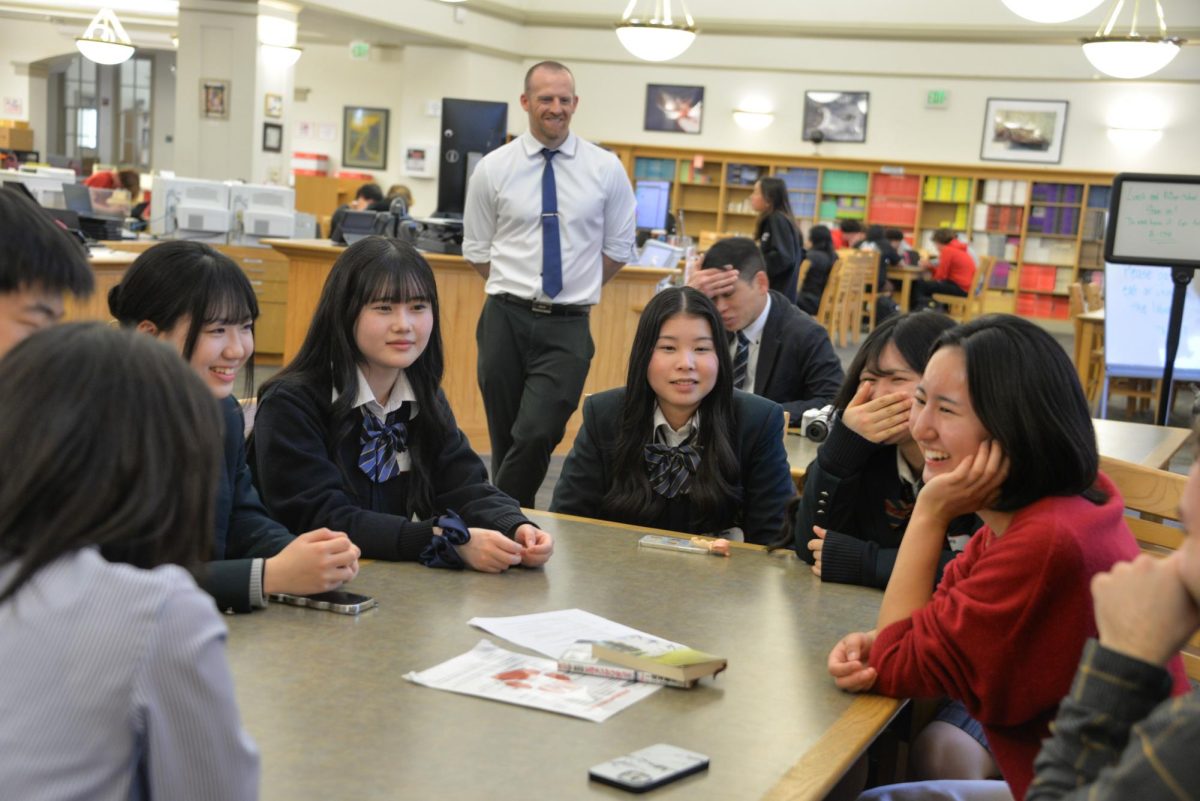

![“For me personally, I want [others] to see the music program as a strong union because we can really bring out the life of our school,” Vega said. “We need music, you know? Otherwise, things would be really silent and dead.”](https://theburlingameb.org/wp-content/uploads/2024/03/unnamed-1200x801.jpeg)







